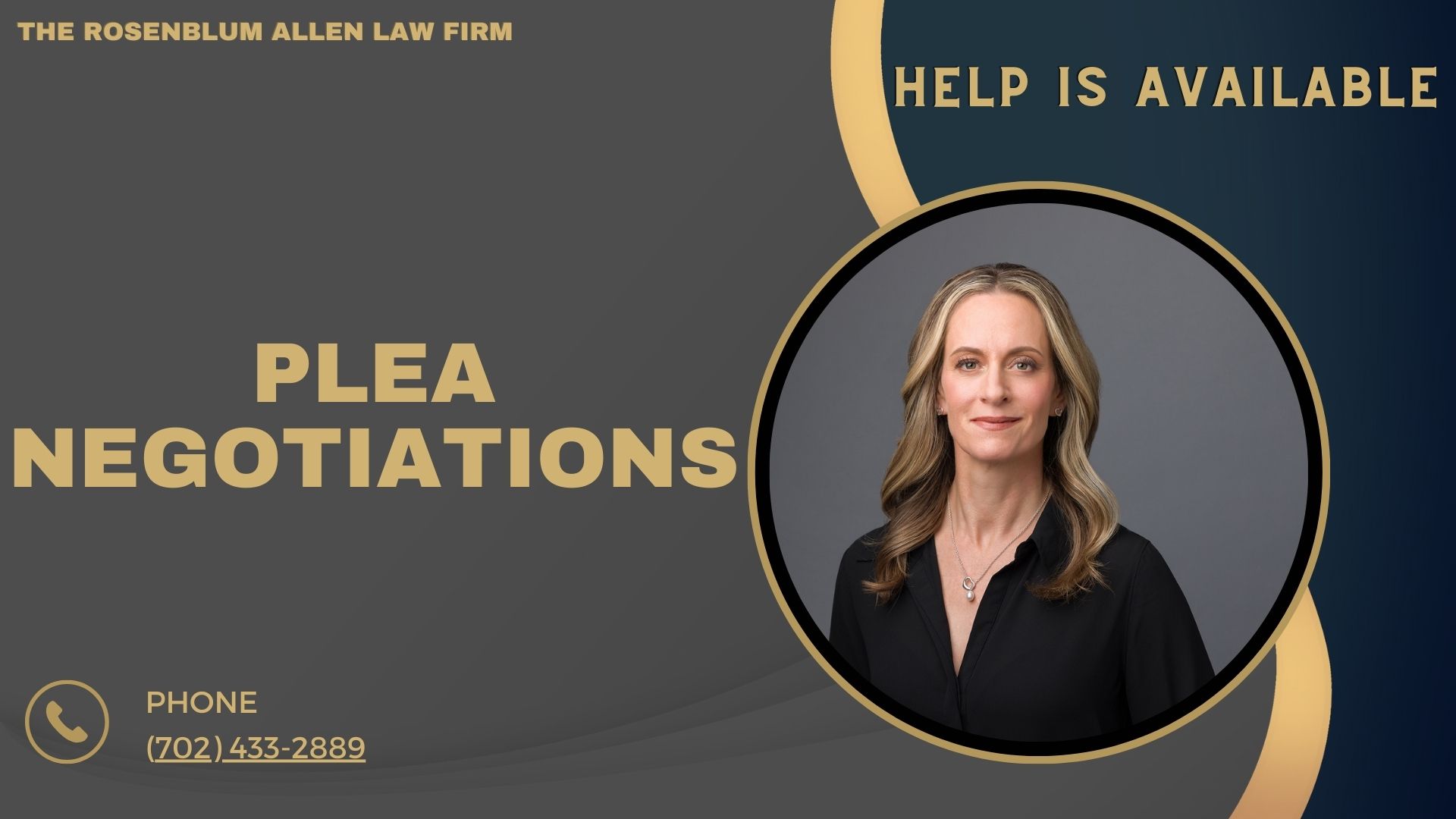Plea negotiations are key to the legal process. They let defendants resolve cases without trial. By negotiating, the prosecution and defense seek to achieve mutual benefits. They also avoid the uncertainties and expenses of court.
Note: Make sure to also check out our Guilty vs. No Contest: Understanding Plea Options post while you’re here.
Understanding Plea Negotiations:
Definition of Plea Negotiations:
Plea negotiations are talks between the prosecution and defense. They aim to reach a resolution to a criminal case. It happens before the case goes to trial. These discussions often involve bargaining. They cover charges, potential sentences, and other plea terms.
Importance in Legal Proceedings:
Plea negotiations are vital in the legal system. They promote efficiency, reduce caseloads, and offer defendants trial alternatives. By making plea agreements, parties can speed up the legal process. They can also use judicial resources better.

Understanding the Process:
The Role of Plea Negotiations in the Legal System:
Purpose and Goals:
Plea negotiations aim to achieve several objectives, including:
We are resolving cases efficiently.
I am avoiding the uncertainties and costs of trial.
They are allowing defendants to accept responsibility while potentially receiving leniency in sentencing.
Providing closure for victims and affected parties.
Participants Involved:
Plea negotiations typically involve the following participants:
Prosecutors: Representing the state or government entity bringing charges against the defendant.
Defense Attorneys: Advocating for the defendant’s interests and ensuring their rights are protected.
Defendants: Individuals facing criminal charges who may choose to participate in negotiations.
Judges: While not actively involved in negotiations, judges may review and approve plea agreements presented to the court.
Initiation of Plea Negotiations:
Factors Prompting Negotiations:
Plea negotiations may be initiated for various reasons, including:
Assessment of the strength of the prosecution’s case.
Evaluation of potential sentencing outcomes if the case proceeds to trial.
Consideration of mitigating factors or defenses available to the defendant.
Interest in resolving the case efficiently to avoid trial-related expenses and uncertainties.
Timing and Setting:
Negotiations can occur at different stages of the legal process, including:
Pre-trial: Before formal charges are filed or during the pre-trial phase.
During Trial: As the trial date approaches, parties may continue negotiating to resolve the issue.
Post-Conviction: Even after a conviction, negotiations may occur regarding sentencing or other post-conviction matters.
Defendants can use their knowledge of plea negotiations. They can use it to decide if they should proceed. They must understand the process and the people involved.
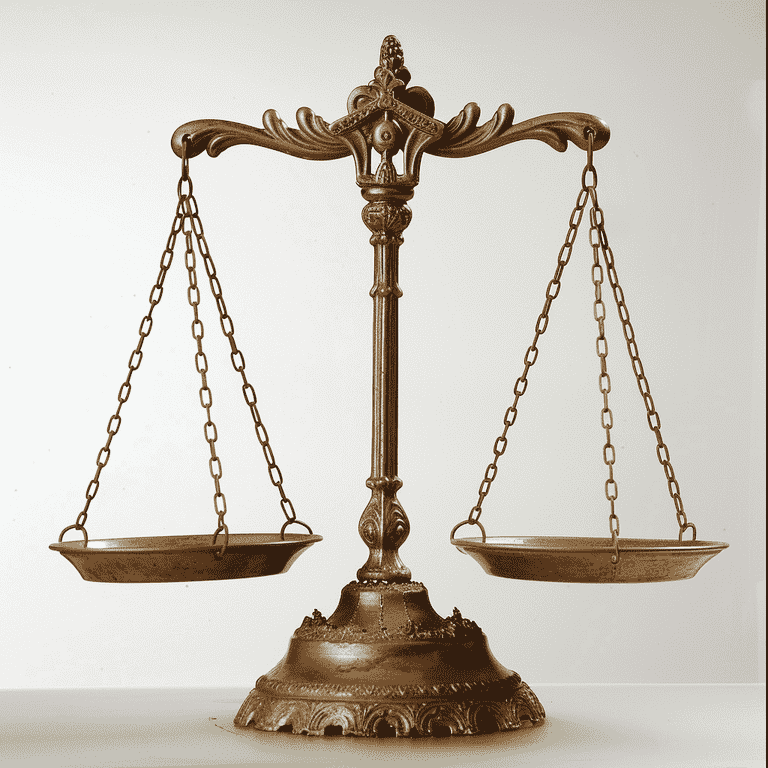
Key Considerations:
Defendants and their legal representatives must consider several critical factors in plea negotiations.
Evaluating the Strength of the Case:
Must to assess the strength of the prosecution’s case. Also, the potential defenses available to the defendant. This is key when entering plea negotiations.
Legal Strategies and Defense Options: Attorneys analyze the evidence, witness testimony, and legal precedents to devise effective defense strategies.
Risk Assessment: Defendants weigh the likelihood of conviction and potential sentencing outcomes, considering the impact on their lives and future.
Understanding Prosecution’s Perspective:
Understanding the prosecution’s viewpoint and objectives is crucial to negotiate effectively.
Charges and Evidence: Prosecutors evaluate the severity of the charges and the strength of the evidence supporting them.
Sentencing Guidelines: Prosecutors consider sentencing guidelines and potential penalties associated with the charges.
By thinking about these factors carefully, both parties can enter talks with a clearer understanding. They will know their positions and potential outcomes.
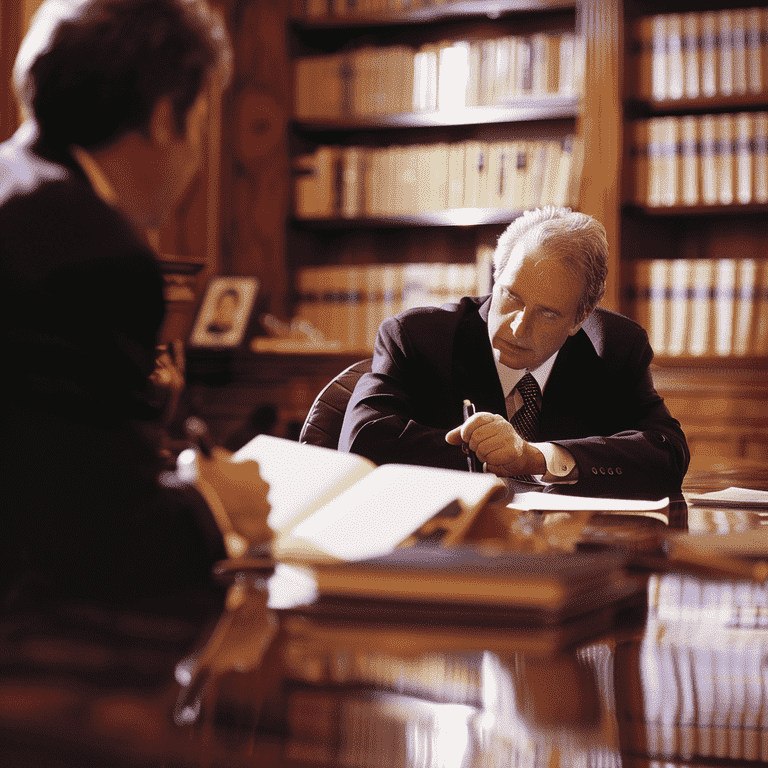
Navigating the Negotiation Process:
Navigating plea negotiations requires effective communication and strategic decision-making.
Establishing Communication Channels:
Clear and open communication is key. It must exist between the prosecution and defense. Must for productive negotiations.
Direct vs. Indirect Communication: Direct communication allows for clarity and immediate responses, while indirect methods such as written correspondence may also be utilized.
Importance of Legal Representation: Having skilled legal representation ensures that defendants’ interests are effectively advocated for and protected throughout the negotiation process.
Negotiation Dynamics:
Understanding negotiation dynamics helps parties navigate the process effectively.
Tactics and Strategies: Negotiators use tactics, such as emphasizing favorable evidence or highlighting mitigating factors, to advance their positions.
Maintaining Professionalism and Integrity: While advocating vigorously for their clients, attorneys must uphold ethical standards to foster a respectful negotiation environment.
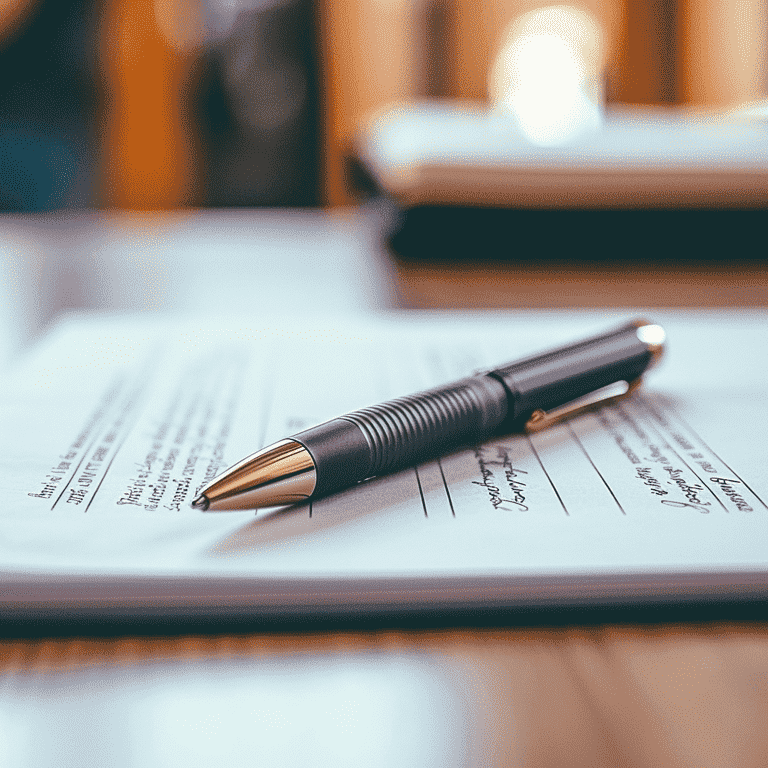
Elements of a Plea Agreement:
A plea agreement outlines the terms. The prosecution and defense agreed on them.
Terms and Conditions:
A plea agreement may include many components. They address the interests of both parties.
Charge Reductions or Dismissals: Prosecutors may offer to reduce or dismiss certain charges in exchange for a guilty plea to lesser offenses.
Sentencing Recommendations: Prosecutors may recommend lenient sentences, such as probation or community service, in exchange for cooperation or admission of guilt.
Restitution and Fines: Plea agreements may include provisions for restitution to victims or payment of fines to address the financial consequences of the offense.
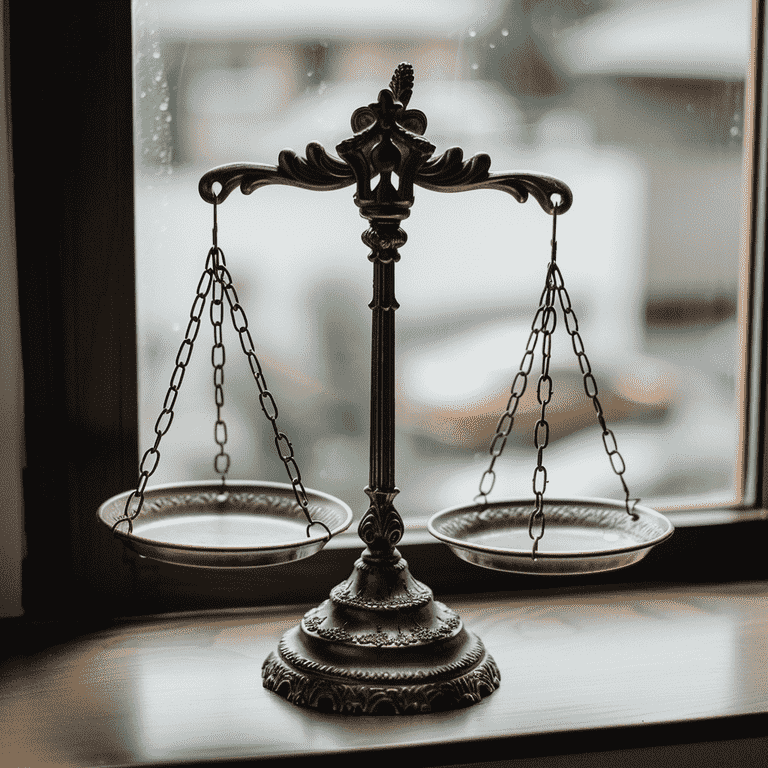
Ensuring Clarity and Fairness:
It’s crucial to ensure that plea deals are clear, fair, and understood by all involved.
Reviewing Legal Documents:
Carefully reviewing the plea agreement is essential. It helps to avoid misunderstandings or ambiguity.
Drafting the Plea Agreement: Attorneys draft a formal document outlining the negotiated terms and conditions, ensuring clarity and specificity.
Reviewing Legal Language: Defendants review the agreement with their attorneys to ensure comprehension of legal terminology and implications and seek clarification on ambiguous provisions.
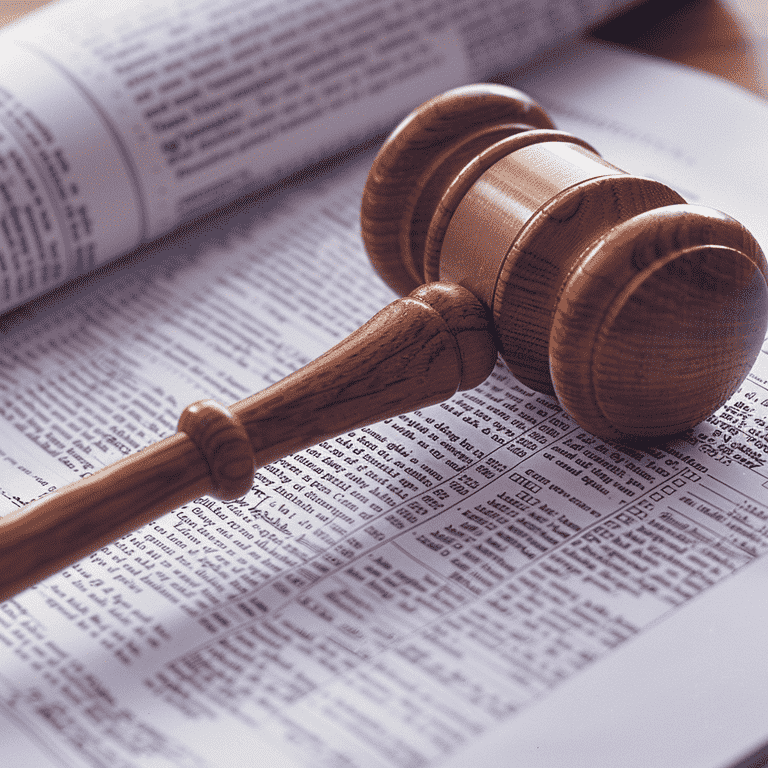
Finalizing the Agreement:
Once the terms are agreed upon, the plea agreement must be finalized and implemented.
Documenting the Terms:
Formalizing the negotiated terms is a critical step in the plea negotiation process.
Drafting the Plea Agreement: Attorneys prepare a written document outlining the terms and conditions agreed upon by both parties.
Reviewing Legal Language: Defendants review the agreement with their attorneys to ensure they understand the legal terminology and implications.
Judicial Approval and Implementation:
The plea agreement must be presented to the court for approval and implementation.
Court Proceedings and Sentencing: The plea agreement is presented to the judge during a plea hearing, where the judge evaluates its fairness and legality before accepting or rejecting it.
Post-Negotiation Considerations: After sentencing, defendants must fulfill their obligations under the plea agreement, such as complying with probationary terms or restitution orders, to avoid potential repercussions.

Breaking It All Down
In intricate legal proceedings, mastering plea negotiations is crucial for navigating the complexities of criminal cases. By understanding the process, considering key factors, and employing effective negotiation techniques, defendants and their attorneys can work towards achieving favorable outcomes while upholding integrity and fairness. Remember, while plea negotiations offer opportunities for resolution, they also demand careful consideration and strategic decision-making. With diligence, preparation, and skilled advocacy, individuals can confidently navigate the negotiation process, striving for justice and resolution in their legal journeys.

Frequently Asked Questions
What are plea negotiations?
Plea negotiations are talks between the prosecution and defense in criminal cases. The goal is to reach solutions both sides accept before trial.
Why are plea negotiations meaningful in legal proceedings?
Plea negotiations speed up cases. They also reduce trial burdens and can help defendants.
Who is involved in plea negotiations?
Participants typically include prosecutors, defense attorneys, defendants, and sometimes judges or mediators.
When do plea negotiations occur?
Negotiations can happen at many stages of the legal process. They can occur from pre-trial hearings to the eve of trial.
What factors prompt plea negotiations?
Negotiations may start because of factors. These include evidence strength, potential sentences, and the desire to avoid long trials.
How do attorneys evaluate the strength of the case during plea negotiations?
Attorneys analyze evidence, witness testimony, and legal precedents. They also consider risk. This helps them devise effective defense strategies.
What are some negotiation techniques used in plea negotiations?
Techniques include building rapport. They involve active listening, exploring options, and creative problem-solving. These techniques aim to achieve outcomes that benefit everyone.
What happens after reaching a plea agreement?
Attorneys draft a formal agreement outlining terms. Defendants review it before a judge approves. Post-negotiation considerations include fulfilling obligations under the contract.
Why is it essential to seek legal counsel before agreeing to a plea deal?
Defendants who seek legal advice understand their rights. They also learn their duties and the risks of the plea.

Additional Resources for You
In addition to our expertise in plea negotiations, our lead attorney, Molly Rosenblum Allen, Esq, has created other resources to assist you in your time of need:
Criminal Defense Attorneys: Providing comprehensive legal defense for a wide range of criminal charges.
Las Vegas DUI Lawyer: Specializing in DUI cases, ensuring your rights are protected throughout the legal process.
Domestic Violence Lawyer Las Vegas: Offering experienced representation for domestic violence cases, advocating for your best interests.
Drug Possession Lawyer: Defending individuals facing drug possession charges with skill and dedication.
Sex Crimes Attorney: Providing aggressive defense against sex crime allegations, protecting your reputation and future.
CPS Defense Attorney: Advocating for parents facing Child Protective Services (CPS) investigations or allegations of child abuse or neglect.
Misdemeanor Lawyer: Offering representation for misdemeanor offenses, ensuring your rights are upheld in court.
Las Vegas Warrant Defense Attorney: Assisting individuals with warrants, providing guidance and legal representation to resolve the situation.
Las Vegas Probation Violation Attorney: Defending against allegations of probation violations, helping clients navigate the legal process.
Theft Crime Defense Lawyer: Representing individuals facing theft-related charges, striving for the best possible outcome in each case.
Kidnapping Lawyers: Providing aggressive defense for individuals accused of kidnapping offenses, protecting their rights and freedom.
Juvenile Defense Lawyers: Offering compassionate and skilled representation for juvenile defendants, ensuring their rights are upheld throughout the legal process.
Firearms Lawyer Las Vegas: Assisting clients with firearms-related legal issues, providing knowledgeable and dedicated representation.

Outside Resources for You
American Bar Association (ABA): The ABA offers resources on various legal topics, including plea negotiations and criminal defense.
FindLaw: FindLaw provides legal information and resources for individuals facing criminal charges, including articles on plea bargaining and defense strategies.
National Association of Criminal Defense Lawyers (NACDL): NACDL offers resources, publications, and advocacy for criminal defense attorneys and defendants, including information on plea negotiations.
LegalMatch: LegalMatch connects individuals with experienced attorneys specializing in various legal areas, including criminal defense and plea negotiations.
Martindale-Hubbell: Martindale-Hubbell offers lawyer directories and ratings, helping individuals find qualified attorneys for their legal needs, including criminal defense cases.
NOLO: NOLO provides legal guides, articles, and forms for individuals navigating the legal system, including resources on criminal law and plea negotiations.

A Special Message from Our Lead Attorney, Molly Rosenblum Allen, Esq

Dear Reader,
Thank you for taking the time to explore our resources. I hope you found the information helpful in understanding your legal options. If you’re ready to take the next step in resolving your situation, please don’t hesitate to reach out to me and my team at (702) 433-2889. We’re here to provide you with the guidance and support you need.
Best regards, Molly Rosenblum Allen, Esq

